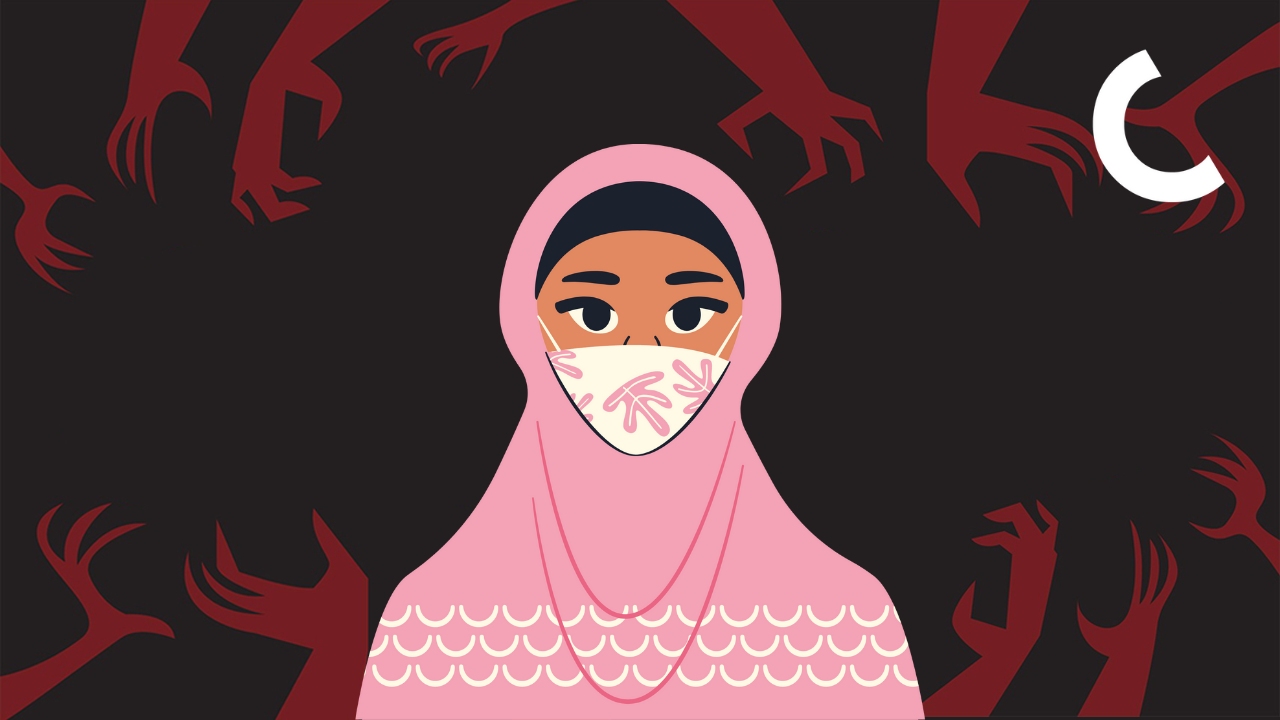The 193 member United Nations General Assembly on Tuesday adopted a resolution to declare March 15th as the International day to combat Islamophobia. However, India raised objections over it, saying it was not “convinced” that there was a need to elevate phobia against one religion to the level of an International Day.
The resolution, which was introduced by Pakistan on behalf of the Organization of Islamic Cooperation (OIC) was adopted by consensus by the 193-member world body and co-sponsored by 55 mainly Muslim countries, emphasises the right to freedom of religion and belief and recalls a 1981 resolution calling for “the elimination of all forms of intolerance and of discrimination based on religion or belief”.
Introducing the resolution, Pakistan’s UN envoy Munir Akram on Tuesday said Islamophobia has become a “reality” that is “proliferating in several parts of the world”.
“Such acts of discrimination, hostility and violence towards Muslims – individuals and communities – constitute grave violations of their human rights, and violate their freedom of religion and belief,” Akram said in the General Assembly.
“It is particularly alarming these days, for it has emerged as a new form of racism characterised by xenophobia, negative profiling and stereotyping of Muslims.”
India Says Not “Convinced”
Reacting to the adoption of the resolution, India’s Permanent Representative to the UN Ambassador T S Tirumurti said in the UN General Assembly that India hopes the resolution adopted “does not set a precedent” which will lead to multiple resolutions on phobias based on selective religions and divide the United Nations into religious camps.
“Phobia against one religion being elevated to the level of an international day to the exclusion of all others, saying there are growing contemporary forms of religiophobia, especially anti-Hindu, anti-Buddhist and anti-Sikh sentiments”, India’s Permanent Representative of India to United Nations in New York, Ambassador TS Tirumurti said.
Global Islamophobia
The latest court ruling in Karnataka against hijab, which effectively bans the wearing of hijab by Muslim girl students in educational institutions in Karnataka, to the persecution of Uighur Muslims in China is the manifestations of growing Islamophobia across the world.
The United Nations Human Rights Council found that Islamophobic sentiments have risen drastically. In March 2021, UN Secretary-General António Guterres addressed the issue of global anti-Muslim bigotry and discrimination: “unfortunately, far too often, stereotypes are further compounded by elements of the media and some in positions of power. Anti-Muslim bigotry is sadly in line with other distressing trends we are seeing globally.”
With such state-sponsored persecution of Muslims in many parts of the world, the resolution passed by the United Nations to combat anti-Muslim hatred is a welcome move.
The resolution asks all countries, UN bodies, international and regional organisations, civil society, the private sector, and faith-based organisations “to organise and support various high-visibility events aimed at effectively increasing awareness of all levels about curbing Islamophobia”, and to observe the new International Day to Combat Islamophobia.
Related












































